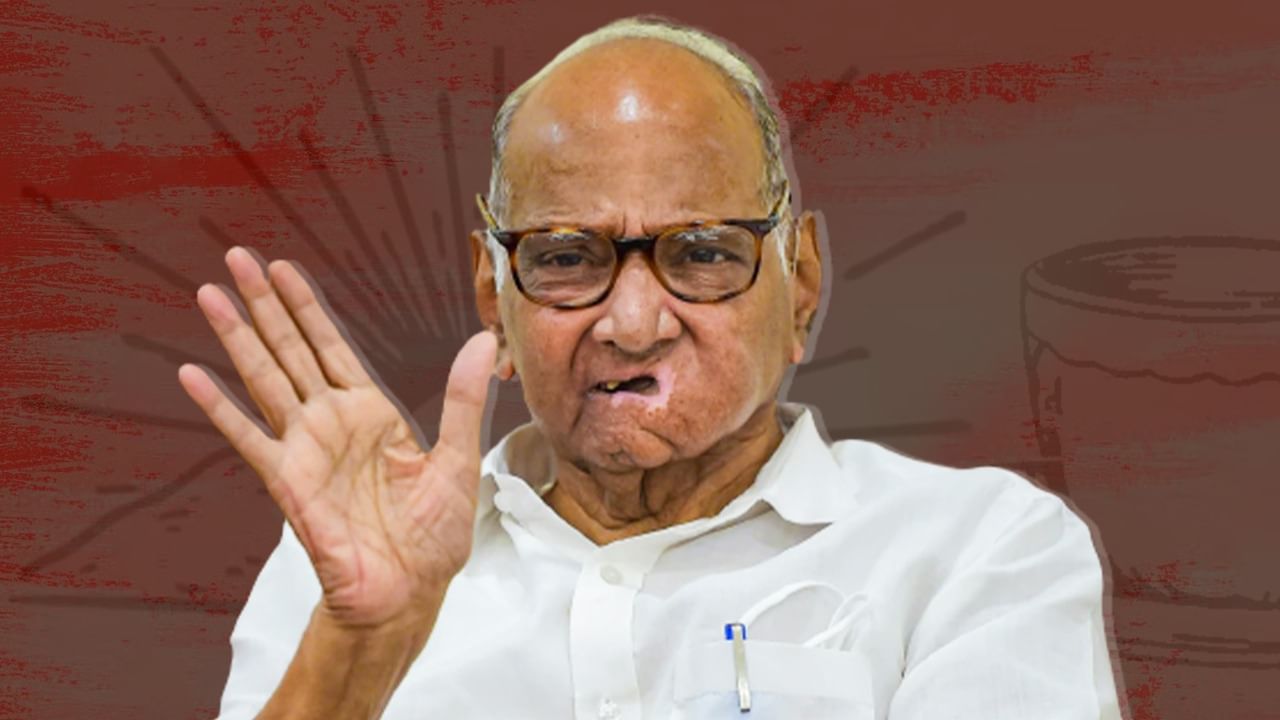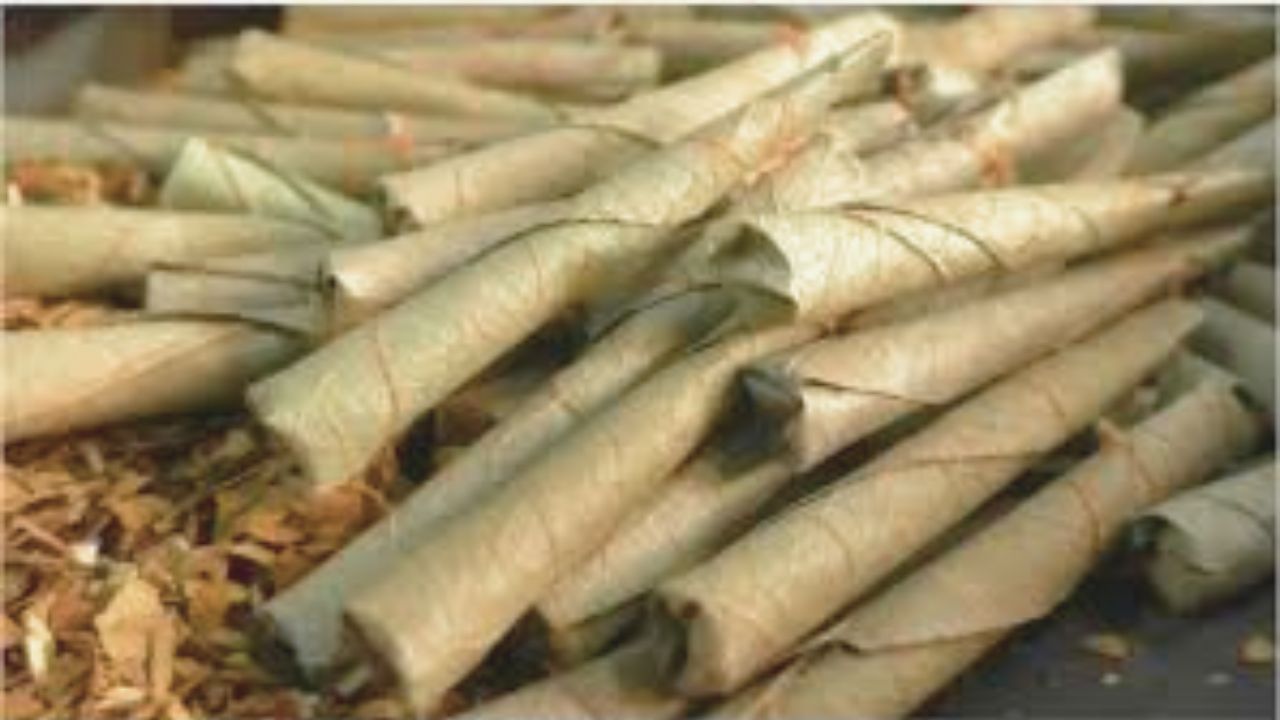The Archaeological Survey of India will file the report of the Gyanvapi survey today. Earlier on November 30, ASI had asked for 10 days time to submit the report. ASI had sought this time from the court for the third time. After which Varanasi Court had fixed the date of 11th December. This report is to be presented before District Judge Dr. Ajay Krishna Vishwesh. Earlier, ASI had told the court that evidence has been collected regarding Gyanvapi and its report is being prepared.
On July 21, Varanasi District Judge Dr. Ajay Krishna Vishwesh had given permission for the survey in Gyanvapi Mosque. After the order, ASI started surveying the Gyanvapi complex on July 24. The purpose of the survey is to find out whether this mosque was built over a Hindu temple in the 17th century. ASI surveyed Gyanvapi for 92 days. However, during this time the Muslim side had appealed in the higher court due to which the survey work was stopped. After that, the survey started once again on 4th August, after which the work was completed on 2nd November.
Also read- Dispute over ownership of Gyanvapi complex, hearing held in Allahabad High Court
There was no survey on eating vaju.
ASI has not surveyed the Waju Khana of Gyanvapi Masjid and the basement of Vyas ji. It is noteworthy that the Hindu side had talked about finding a Shivalinga at the place where Vaju was taken, while it had also claimed to have found three more basements near the basement of Vyas ji. The five plaintiff women had demanded worship at Shringaar Gauri and other places. After this application of the women, the court had decided to conduct a survey of the Gyanvapi complex.
Survey conducted through GPR
Let us tell you that the Hindu side says that there is Adi Vishweshwar temple on plot number 9130, they say that part of the temple is still present there. Along with this, the Hindu side also says that in the Advocate Commissioner’s survey conducted in May 2022, many Hindu symbols like lotus flower and trident have been found. On the other hand, the Muslim side had raised objection in the court regarding the excavation in the Gyanvapi complex. After which ASI had told the court about the use of GPR technology. In fact, through GPR, scientific survey work can be done without digging or cutting.
Also read- ASI’s research report of this temple of Khandwa will become the basis in Gyanvapi case!
Court asked for report from ASI on these points –
- Age and nature of the western wall of Gyanvapi Mosque.
- The nature of the three domes of the mosque and its base.
- What is the truth about all the other vaults including the Vyas in front of Nandi?
- Whether the mosque was constructed over the pre-existing temple structure or not?
- Determining the age of the building, its construction, and the age and nature of the artifacts present on the walls.
- What are the artefacts and other objects of historical, religious importance present in various parts and beneath the structure of the mosque?
Claim to find idols, Hindu symbols
During the ASI survey, it was claimed that fragmented statues, Hindu symbols and figures etc. were found in the Gyanvapi Mosque premises. However, the Muslim side completely denied this. Along with this, it was also told to the court that whatever things were found during the survey should not be disclosed outside. After which the Varanasi court asked to maintain confidentiality before the decision.
The Muslim side says that under the Places of Worship Act 1991, any religious place built before August 15, 1947 will be protected and no attempt will be made to change its character. If excavation is done during the survey, it will be a violation of this law. On this argument of the Muslim side, the Hindu side said that the Places of Worship Act 1991 also protects Hindu religious places.




